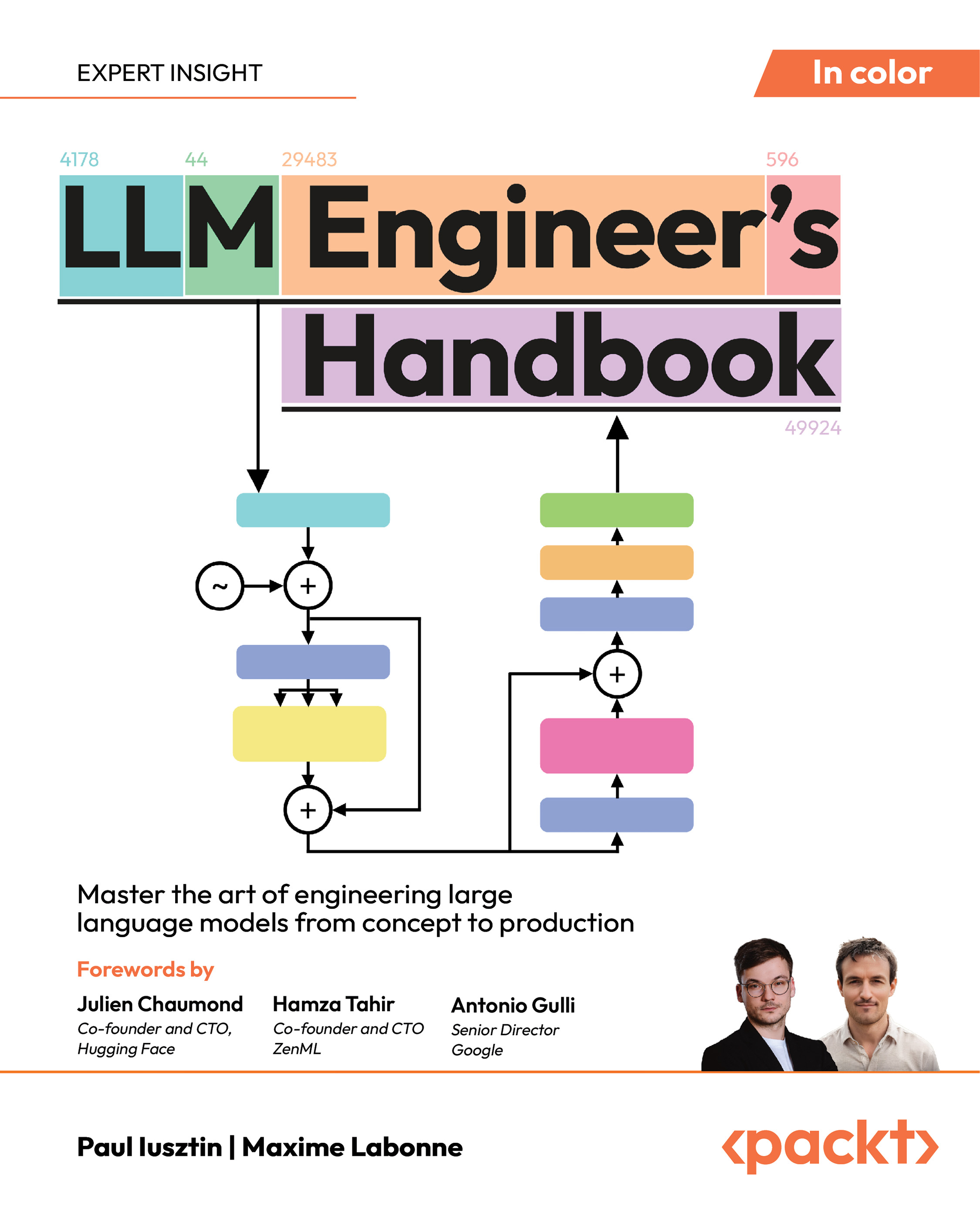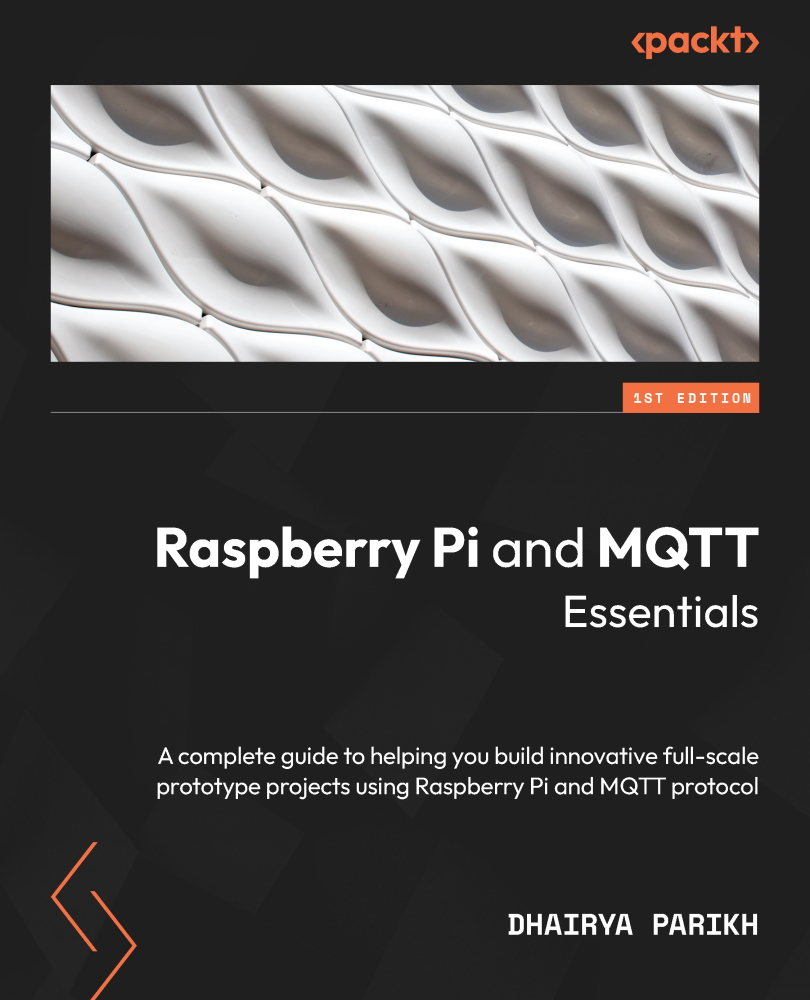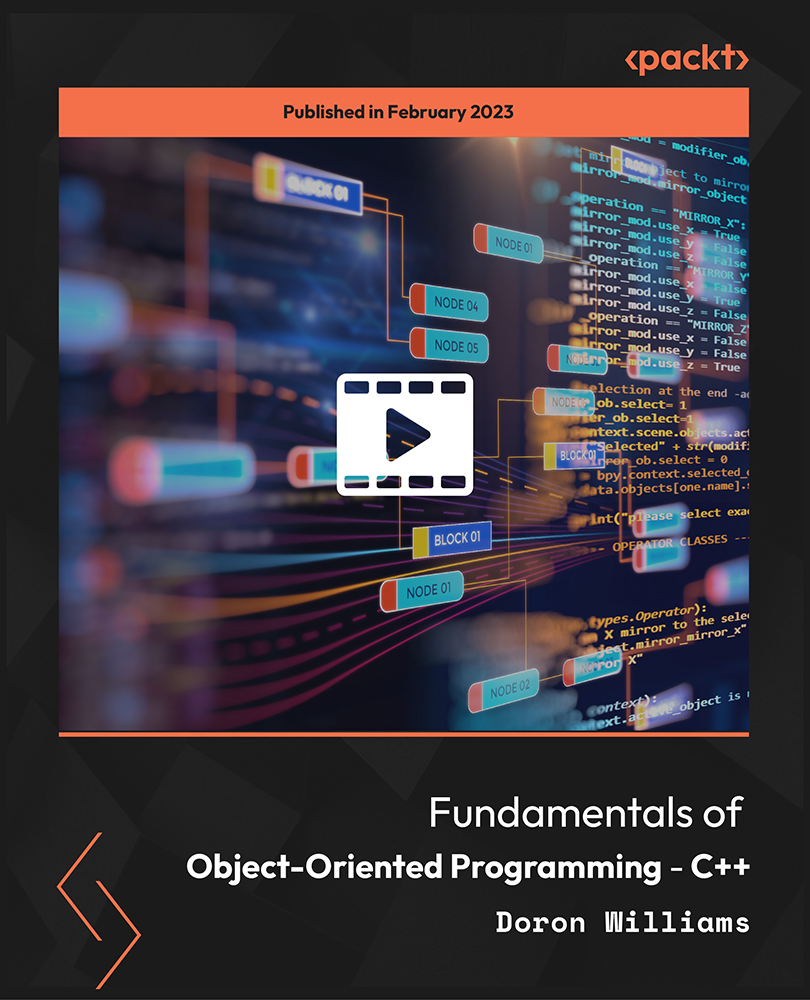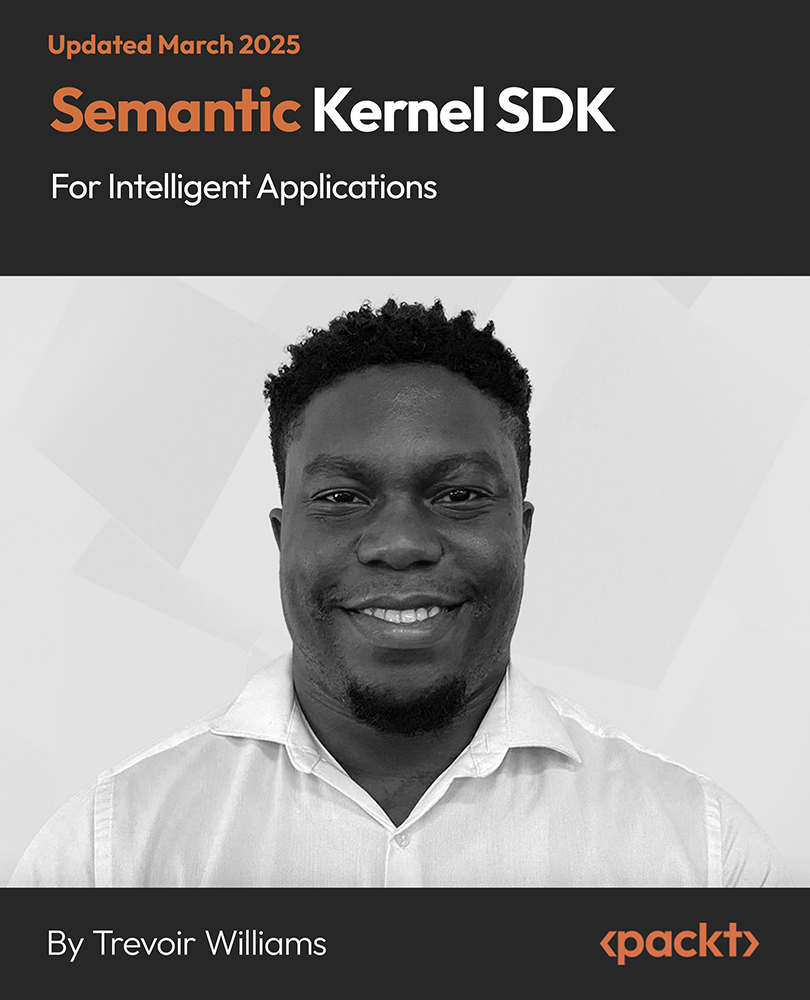Vector Embeddings with Cohere and Hugging Face
Vector embeddings are numerical representations of complex data, like text or images, which help AI models understand and process this data more easily. These embeddings convert input data into dense vectors, where similar data points are close together in a high-dimensional space. This allows AI systems to measure similarities between data points, perform searches, or generate content. Platforms like Cohere and Hugging Face offer pre-trained models that generate embeddings for tasks such as classification, search, and content generation.
Build a multimodal social media content generator using Amazon Bedrock
A multimodal social media content generator using Amazon Bedrock allows brands and content creators to quickly produce visually and textually rich social media posts. The process involves uploading a product image, providing a natural language prompt, and using Amazon Titan Image Generator to create enhanced images. The text for the post is generated using Claude 3, ensuring brand consistency. The system retrieves similar historical posts using Amazon Titan Multimodal Embeddings stored in OpenSearch Serverless, offering suggestions to refine the content
Working with Embeddings: Closed versus Open Source
Embeddings are essential in natural language processing (NLP) for tasks like semantic search in retrieval systems. This article explores how different embedding models, both open-source and closed-source, perform in semantic search applications. It discusses techniques like clustering and re-ranking to enhance search results, while comparing the performance, size, and cost of up to nine top models. This comparison helps understand how model size affects efficiency in search tasks, especially when balancing cost and accuracy in large-scale retrieval systems.
Linguistic Bias in ChatGPT
ChatGPT exhibits bias against non-"standard" varieties of English, such as African-American, Indian, and Nigerian English, reinforcing linguistic discrimination. A study comparing responses to different English varieties found that ChatGPT performs worse in understanding, warmth, and naturalness for non-standard varieties, often producing condescending or stereotypical content. While the model imitates some non-standard varieties, it defaults to Standard American English, frustrating non-American users. Even improvements in newer versions like GPT-4 do not fully resolve these issues and, in some cases, worsen stereotyping, highlighting the need for addressing bias in AI.
Updated production-ready Gemini models, reduced 1.5 Pro pricing, increased rate limits, and more
Google has released updated Gemini models, Gemini-1.5-Pro-002 and Gemini-1.5-Flash-002, with improved performance, lower costs, and faster outputs. These models offer enhanced capabilities for tasks like processing large PDFs, complex math problems, and video analysis. The updates include price reductions of over 50%, higher rate limits, faster output speeds, and reduced latency. The models are designed for general performance across text, code, and multimodal tasks and are available via Google AI Studio and Vertex AI for larger organizations. These updates aim to make the models more efficient and accessible for developers.
 United States
United States
 Great Britain
Great Britain
 India
India
 Germany
Germany
 France
France
 Canada
Canada
 Russia
Russia
 Spain
Spain
 Brazil
Brazil
 Australia
Australia
 Singapore
Singapore
 Canary Islands
Canary Islands
 Hungary
Hungary
 Ukraine
Ukraine
 Luxembourg
Luxembourg
 Estonia
Estonia
 Lithuania
Lithuania
 South Korea
South Korea
 Turkey
Turkey
 Switzerland
Switzerland
 Colombia
Colombia
 Taiwan
Taiwan
 Chile
Chile
 Norway
Norway
 Ecuador
Ecuador
 Indonesia
Indonesia
 New Zealand
New Zealand
 Cyprus
Cyprus
 Denmark
Denmark
 Finland
Finland
 Poland
Poland
 Malta
Malta
 Czechia
Czechia
 Austria
Austria
 Sweden
Sweden
 Italy
Italy
 Egypt
Egypt
 Belgium
Belgium
 Portugal
Portugal
 Slovenia
Slovenia
 Ireland
Ireland
 Romania
Romania
 Greece
Greece
 Argentina
Argentina
 Netherlands
Netherlands
 Bulgaria
Bulgaria
 Latvia
Latvia
 South Africa
South Africa
 Malaysia
Malaysia
 Japan
Japan
 Slovakia
Slovakia
 Philippines
Philippines
 Mexico
Mexico
 Thailand
Thailand

















